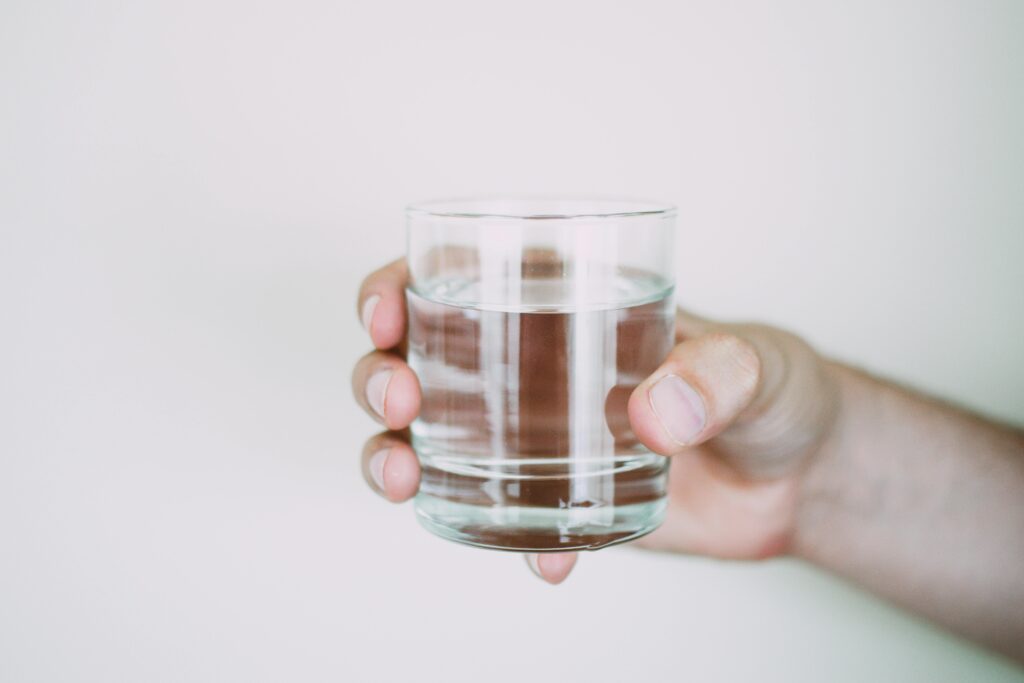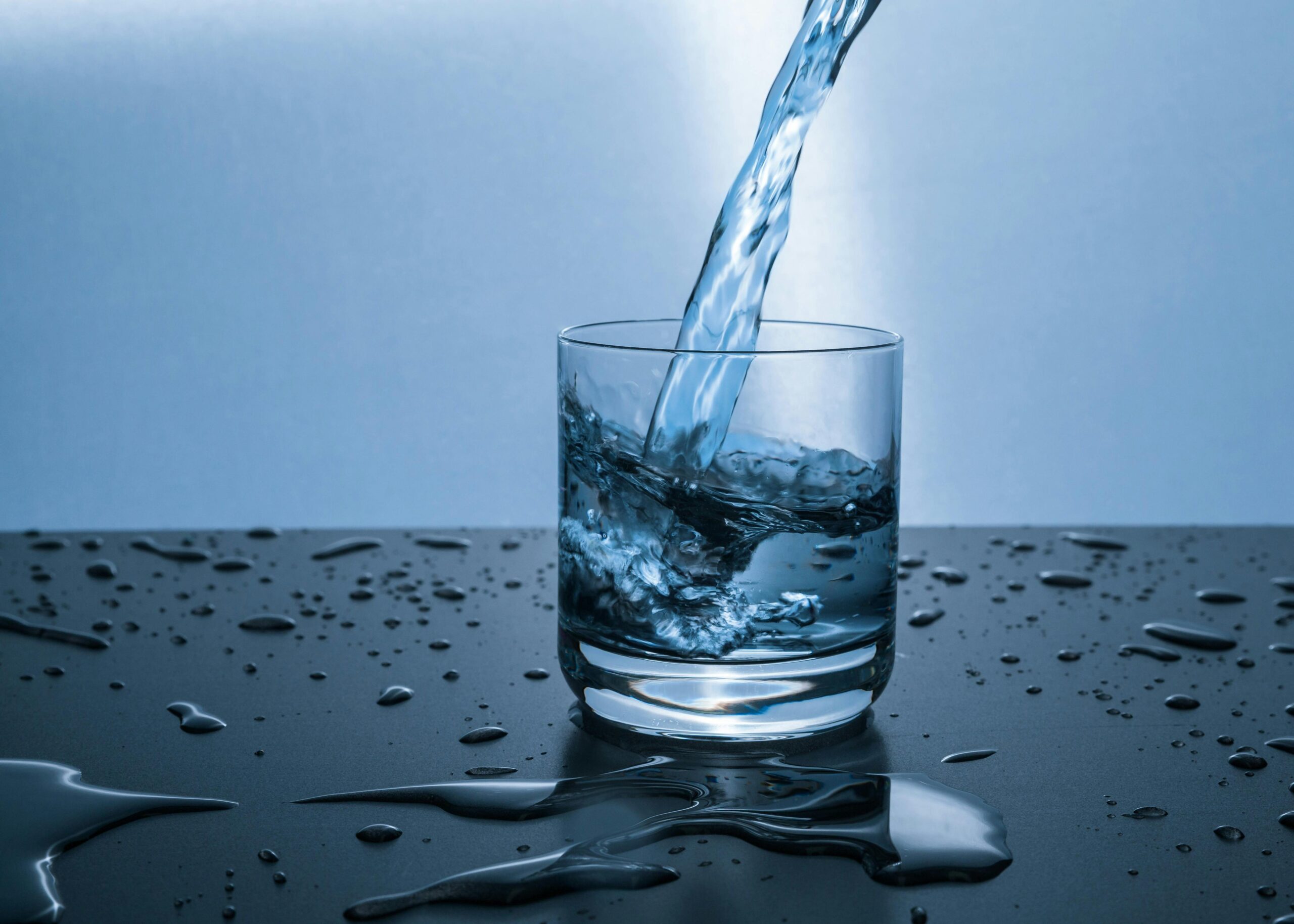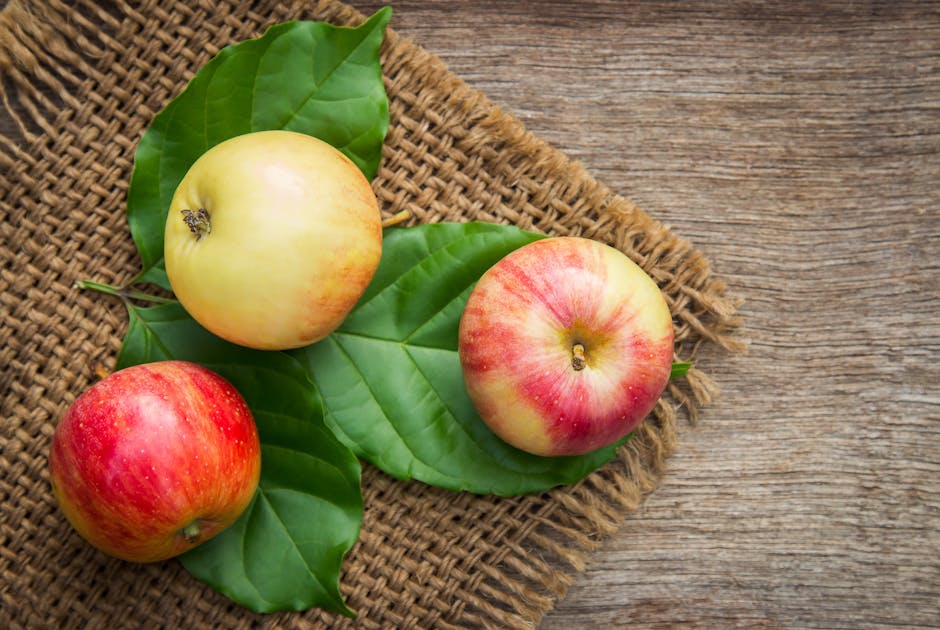We’ve all heard the advice: “Drink eight glasses of water a day.” But is that really the golden rule, or just a catchy health slogan? The truth is, how much water you need depends on many factors, including your age, activity level, climate, and even the types of food you eat. Still, staying hydrated is essential for your body to function properly, so it’s worth understanding the science behind water intake.
Why Water Matters
Water makes up about 60% of the human body, and it plays a role in nearly every biological process. It helps regulate your body temperature, transports nutrients, cushions joints, and removes waste through sweat, urine, and bowel movements. Even mild dehydration can affect your mood, energy levels, and concentration.
The “8×8” Rule and Beyond
The famous “eight 8-ounce glasses” guideline equals about 2 liters (half a gallon) per day. While it’s easy to remember, it’s not a one-size-fits-all rule. The U.S. National Academies of Sciences suggests a higher amount: about 3.7 liters (125 ounces) per day for men and 2.7 liters (91 ounces) for women from all beverages and food combined.
Factors That Affect Your Needs
Your water requirement can change based on:
- Physical activity: Exercise or any activity that makes you sweat increases your fluid needs.
- Climate: Hot or humid weather, or high altitudes, can cause you to lose more fluids.
- Diet: Foods like fruits and vegetables contain water, while salty or spicy meals might make you thirstier.
- Health conditions: Fever, diarrhea, or infections can lead to fluid loss, requiring more hydration.

Signs You’re Not Drinking Enough
Your body often tells you when it needs more water. Common signs of dehydration include:
- Dry mouth or lips
- Dark yellow urine
- Headaches
- Fatigue or dizziness
- Difficulty concentrating
Tips for Staying Hydrated
- Carry a reusable water bottle so it’s always within reach.
- Drink water before, during, and after exercise.
- Include hydrating foods like cucumbers, oranges, and watermelon in your diet.
- Set reminders if you often forget to drink throughout the day.
Can You Drink Too Much Water?
Yes, though it’s rare, drinking excessive amounts of water in a short period can cause a dangerous condition called hyponatremia, where your blood’s sodium levels drop too low. This is more common in endurance athletes who overhydrate during events. Moderation is key—balance your intake based on thirst, activity, and environment.
There’s no universal number for how much water everyone should drink, but a good approach is to listen to your body, drink when you’re thirsty, and keep an eye on the color of your urine (pale yellow is usually a sign of good hydration). Whether you follow the 8×8 rule or adjust your intake based on lifestyle, making water a regular part of your day is one of the simplest ways to support your overall health.




